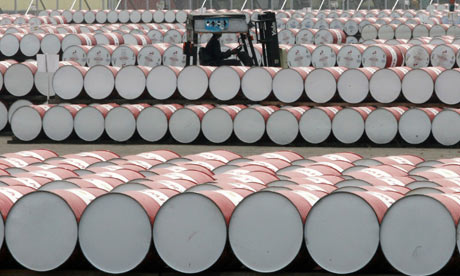Egypt’s import bill of petroleum and natural gas declined by about $150m per month, due to the decrease in Egypt’s imports of liquefied natural gas (LNG) shipments following the increase in the local gas production rates of the new gas discoveries and the fluctuations in the price of oil in world markets.
In a special statement to the Daily News Egypt, Minister of Petroleum and Mineral Resources Tarek El-Molla revealed that the monthly import bill for fuel and natural gas has declined to about $550m, during the current fiscal year (FY) compared to an average of $700m during the last FY.
He said that the import bill varies from month to month, as gas imports recently witnessed a marked decrease, due to the reliance on local gas production, which witnessed significant increases and is expected to continue to increase gradually during the coming period.
El-Mulla added that Egypt will stop importing liquefied natural gas after achieving self-sufficiency at the end of this year, through local production, as soon as the development of major discoveries has been completed and put on production.
Egypt imports about 32-35% of its fuel needs per month to bridge the gap between domestic production and fuel consumption, which is about 2.1m tonnes per month.
Among the imported quantities of petroleum products are government agreements signed by the Egyptian General Petroleum Corporation (EGPC) with several Arab countries, mainly Saudi Aramco, Kuwait Petroleum Corporation and Iraq’s Sumo.
The EGPC has succeeded in increasing the crude oil production rate by 4.3% to reach 657,000 per day currently, compared to 630,000 barrels per day a year ago.




